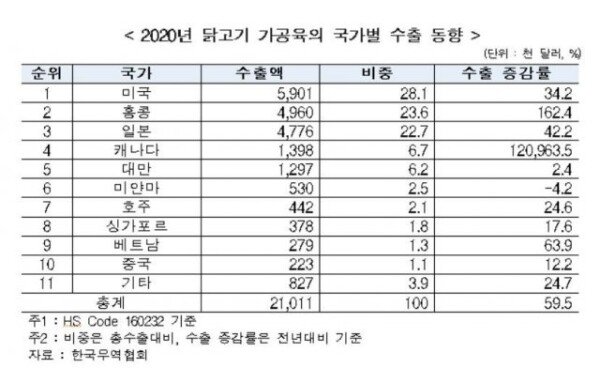Under data protection law, companies must inform their customers about the use of this type of technology. Most of the companies contacted by the Telegraph said they do so in their privacy policies.
But Pat Walshe, of Privacy Matters, told the BBC: “Just putting something in a privacy notice is not consent, and it is hardly transparent.
“The fact that monitoring will take place and what that entails should be put in front of the user and imply their acceptance.
“The law is clear enough, what we need is enforcement. Just because this practice is widespread does not mean that it is correct and acceptable.
A spokesperson for the Information Commissioner’s Office, which regulates data protection, said: “Under data protection laws, organizations may use cookies and similar technologies as long as they inform people use them and, where appropriate, give them a choice.
“Organizations also need to use people’s information fairly, transparently and securely. “If someone is concerned about the way their data is being handled, they should contact the organizations first. If they are not satisfied, they can file a complaint with the ICO. “
British Airways, TalkTalk, Vodafone, Sainsbury’s, Tesco, HSBC, Marks & Spencer, Asos and Unilever and among companies using this technology, according to the BBC.
The Telegraph has contacted all of these companies. There is no indication that the use of email tracking technology constitutes a violation of data protection law.
A spokesperson for TalkTalk said: “As is common in our industry and others, we are monitoring the performance of different types of communications to understand what our customers prefer. We do not share this data externally. “
A spokesperson for British Airways said: “We take customer data very seriously and use a standard, cross-industry approach that allows us to understand the effectiveness of our customer communications.”
Sainsbury’s and Tesco said they explain to customers what it means to sign up for marketing emails in their privacy policies.
–

